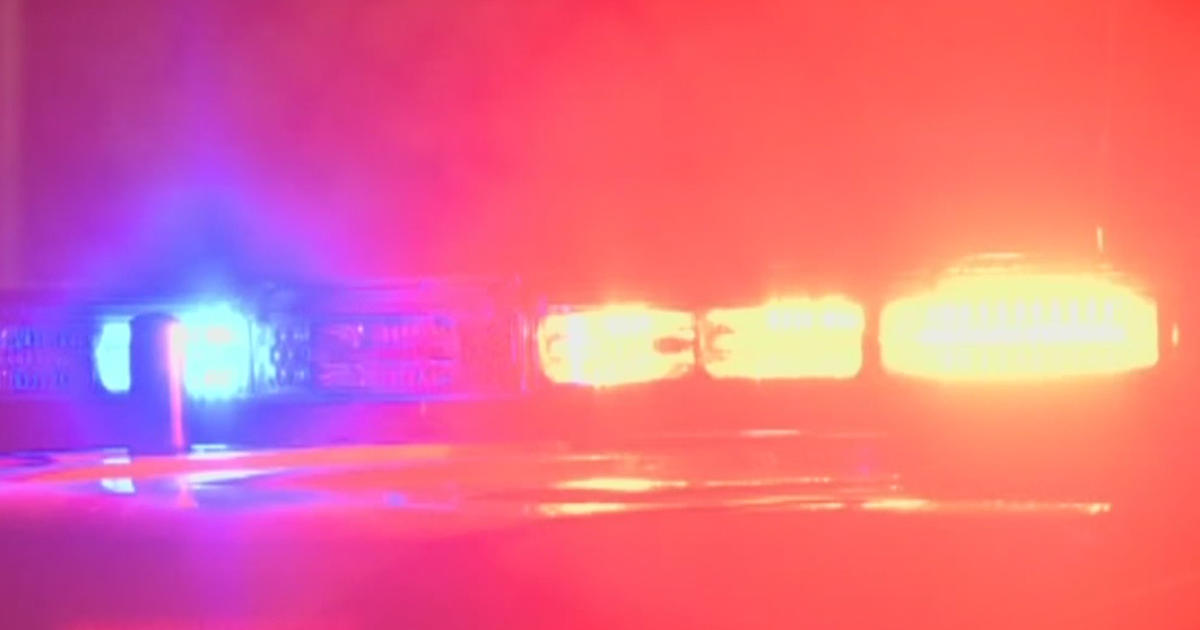It's Time To Start Thinking About Ice Dams
MINNEAPOLIS (WCCO) -- You may not even want to think about it, but winter is right around the corner. WCCO-TV chief meteorologist Chris Shaffer says we could see our first frost by this weekend.
Moreover, experts say now is the time to try and protect your home against ice dams.
---
On Tuesday, Suzanne Wiotros of St. Paul let us in on her ice dam damage, which happened last March. And it was seven months ago when Joe Palumbo went to Wiotros' home to help clear off the ice.
We asked him to point out what Wiotros and the rest of us can do to prep before it's too late.
Clearing gutters and crevices on the home's exterior is key, he said. On the inside, have someone check the insulation under the roof and get an energy audit to make sure heat is not escaping to the top of the house.
But even if something seems waterproof, that doesn't mean it's foolproof.
"Even if you do everything perfect, the sun itself can still melt snow on the roof and you can still have ice dams," he said.
Minnesota Department of Commerce says to contact your gas or electric utility to arrange an energy assessment. The Minnesota Building Performance Association offers a list of energy auditors at www.mbpa.us.
The Department of Commerce also sent us these tips:
Many people assume that there is little they can do to significantly reduce their energy use and increase the efficiency of their homes. In reality, there are many things that typical residents can do themselves and many other things they can hire others to do. Before embarking on home energy improvements, especially large projects, the Minnesota Department of Commerce strongly recommends having an advanced home energy assessment, or home energy audit. An assessment of how your house is functioning can help you decide what needs fixing, what needs upgrading, and what needs replacement. It will identify some simple low-cost measures you can take, such as weather-stripping doors or sealing air leaks, and it will determine more expensive but cost-effective measures, such as adding insulation to attics or walls and replacing furnaces or water heaters.An advanced energy assessment should include the following:
-- A thorough visual inspection for attic, wall, crawlspace, foundation, basement, window, door, and roof problems.
-- A review of energy bills to help assess home performance and identify savings opportunities.
-- A blower-door test to determine air leakage.
-- Infrared scans to detect insulation levels and sources of air leaks.
-- Efficiency and safety testing for combustion appliances.



